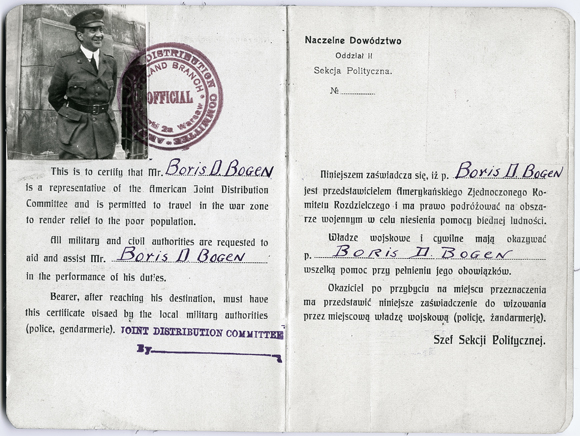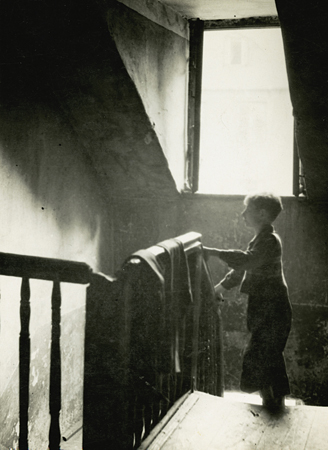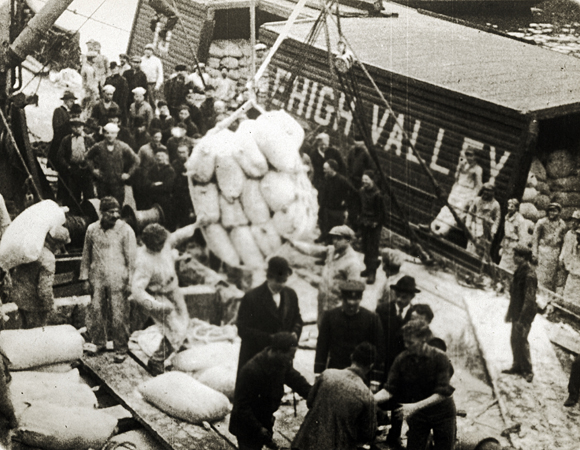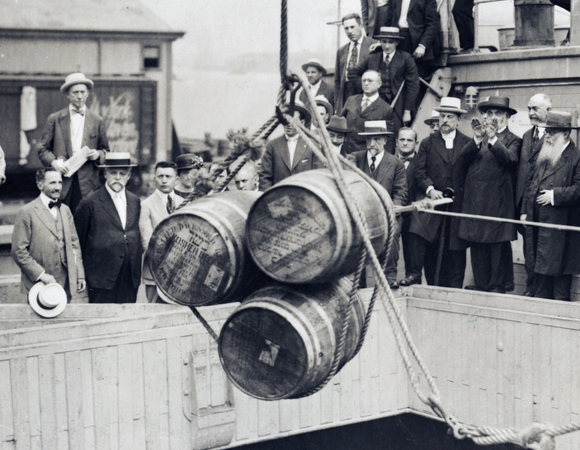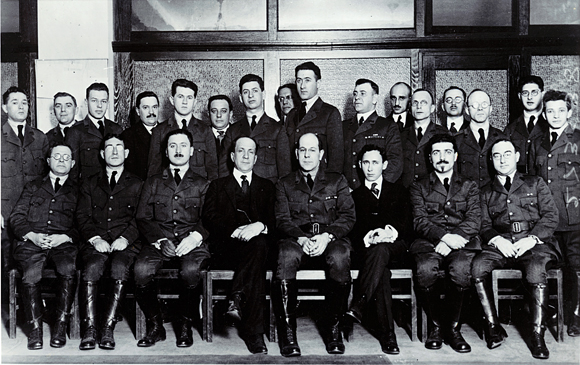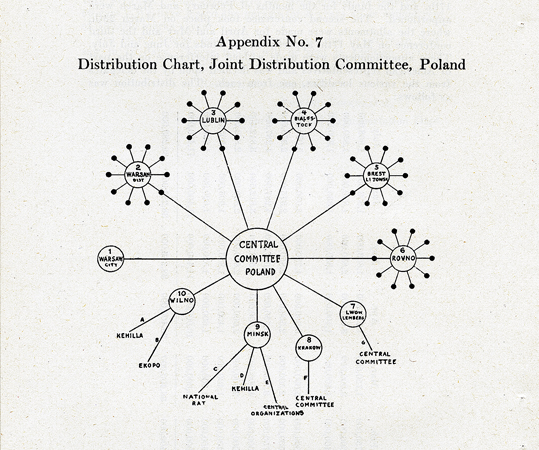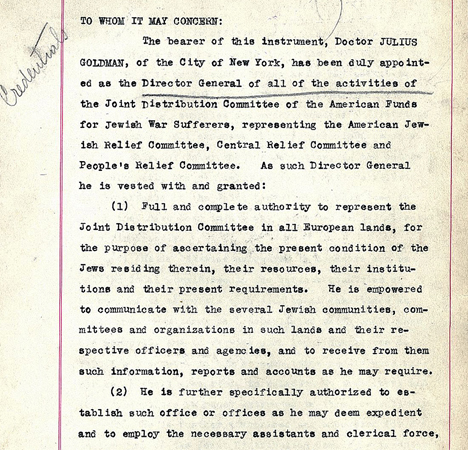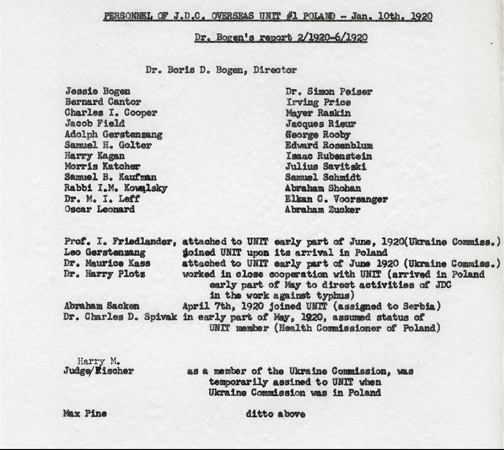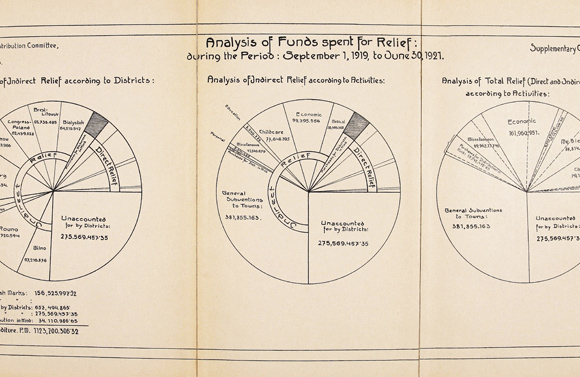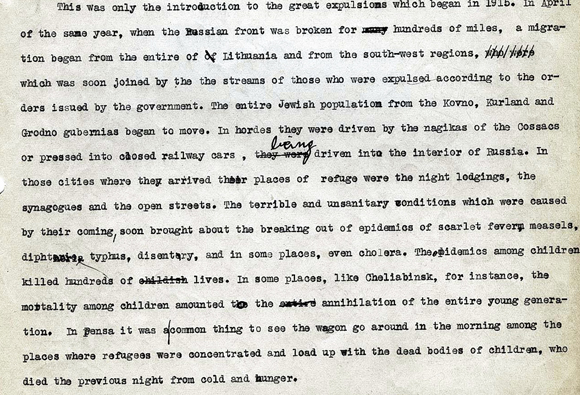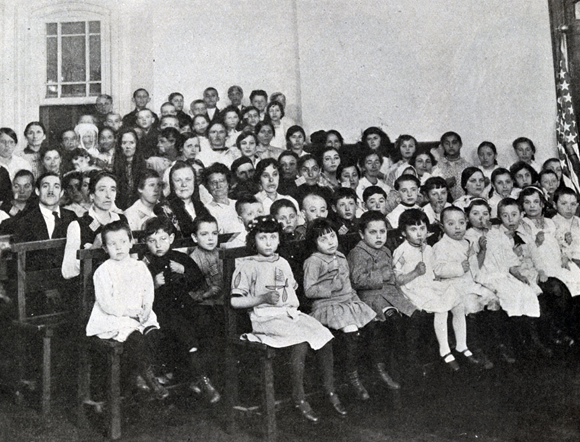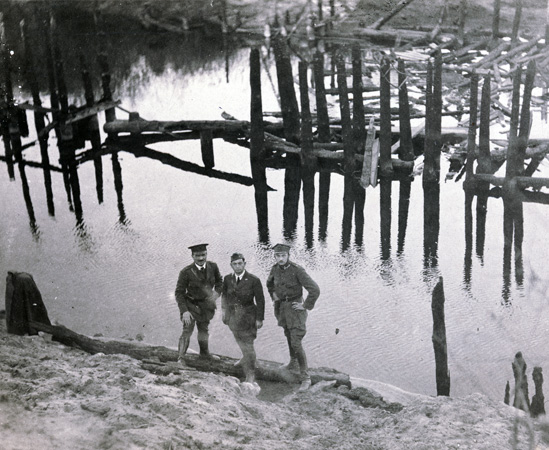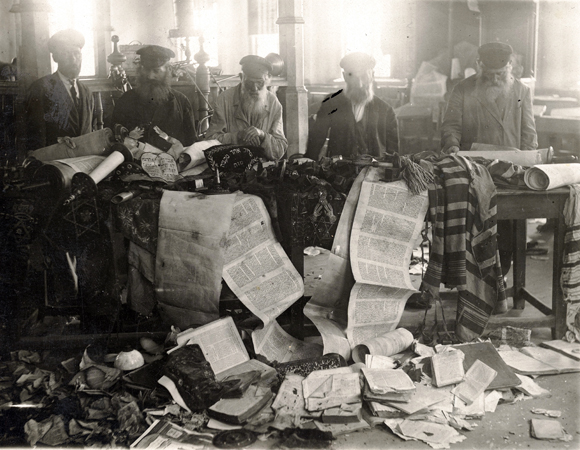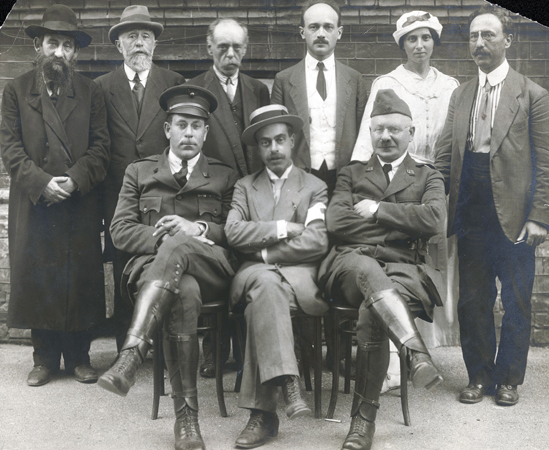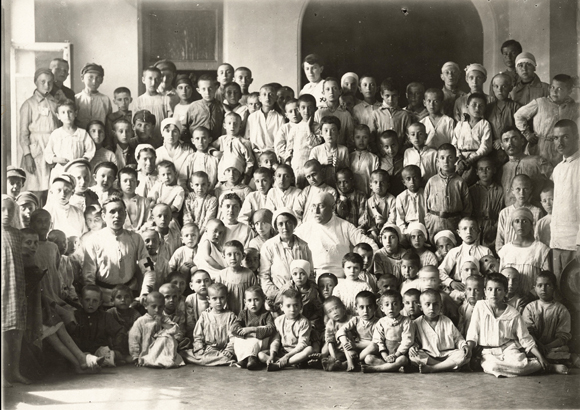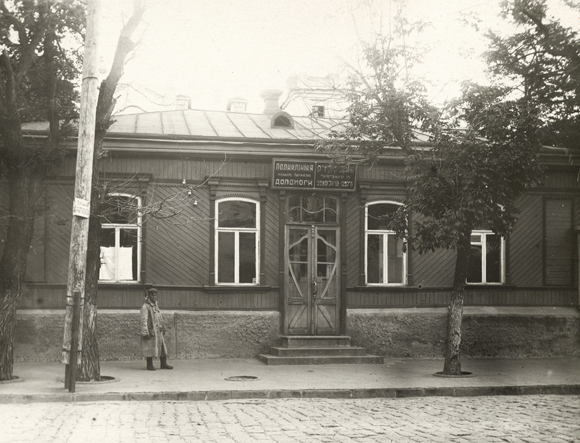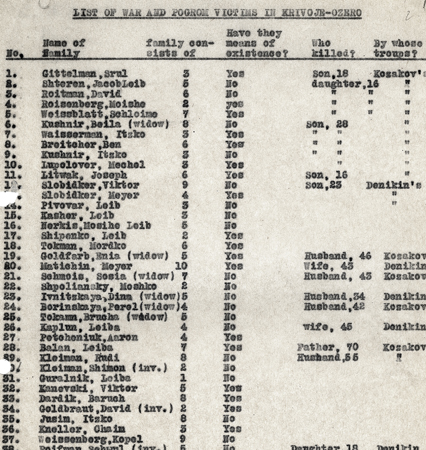Solid Ground in a Shifting World
A Joint Effort: JDC's Beginnings, 1914-1921
Solid Ground in a Shifting World
The war's end did not bring safety or stability to the survivors. Soviet Russia and Poland now warred over vast disputed territories, while civil war, banditry, and pogroms brought further bloodshed to Belorussia (now Belarus), Ukraine, and other nearby regions where Jews still lived. In this difficult time, JDC increased its efforts, working cooperatively with governments and public service organizations, establishing a network of services, and reaching in some fashion to “every corner of Europe and to Palestine.”
A Working Relationship
After the war, JDC embarked on a ground-breaking partnership. The government-initiated American Relief Administration (ARA) shipped more than 4 million tons of food and clothing to desperate countries in Eastern Europe. It welcomed donations from private organizations. JDC contributed $3 million, but also had a direct hand in the dispersal of goods.
Coordinated Action
Dozens of qualified field workers, primarily American social workers, were recruited to plan activities in late 1919. The members of Overseas Unit No. 1 to Poland represented "every element of American Jewry." Branching out from Warsaw the following February, they set up urgently needed sanitary, medical, and child care programs throughout the region.
New Direct Support
It became clear that the greatest needs facing Jews could not be met through endless emergency relief. Also, uncoordinated distribution of funds through local committees was subject to factional disputes. JDC's Overseas Unit worked to reorganize funding procedures and establish new programs on a more "practicable and equitable basis."
Russian Roulette
The Tsar’s armies had expelled hundreds of thousands of Jews from Russia’s Pale of Settlement, then looted and pillaged their homes. The Revolution made territories under Soviet control off-limits. JDC brought aid to Russian refugees wherever possible: in Siberia, areas of the Far East, and in Polish-occupied portions of Ukraine and Belorussia.
In the Shadow of Battle
Jews in the disputed territories suffered repeated invasions from Ukrainian, Bolshevik, and Polish forces and the pogroms that often followed in their wake. JDC relief workers came after, often within days of territory changing hands. For areas under Soviet control, real access also required special U.S. State Department permission.
Window of Opportunity
In June, a Soviet-authorized "United Jewish Social Committee" of Russian Jewish civic and political organizations was formed to aid victims of pogroms in Ukraine. As the sole American participant, JDC could appoint a representative, and provide financial aid and goods for a time.


